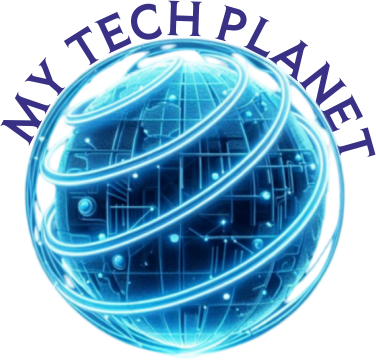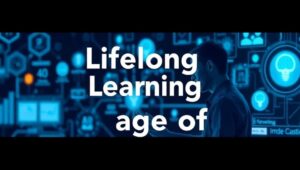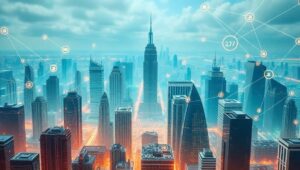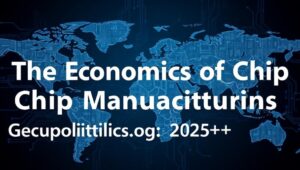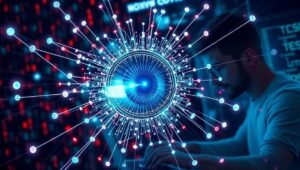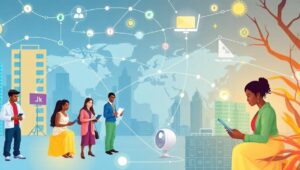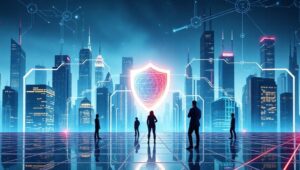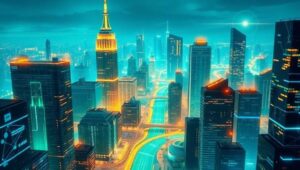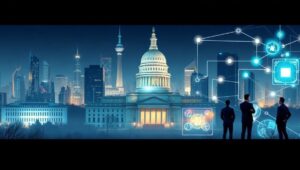June 2, 2025
Lifelong Learning in the Age of AI: Staying Relevant (2025+)
Lifelong Learning in the Age of AI: Staying Relevant (2025+) The rapid advancement of artificial intelligence (AI) is transforming industries and reshaping the job market at an unprecedented pace. To thrive in this evolving landscape, lifelong learning is no longer a luxury but a necessity. This article explores strategies for staying relevant and adapting to the age of AI. The Shifting Landscape of Skills AI is automating routine tasks, augmenting human capabilities, and creating entirely new roles. As a result, the skills demanded by employers are changing. Technical skills like AI development, data science, and cloud computing are in high
